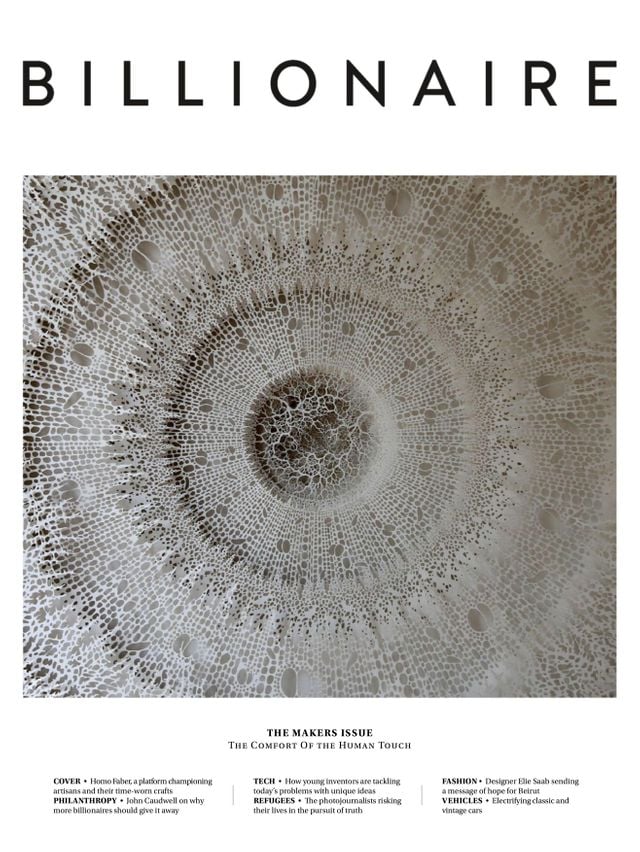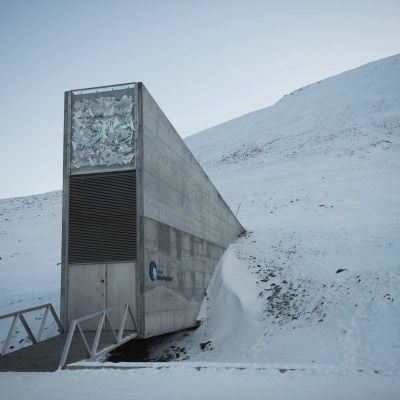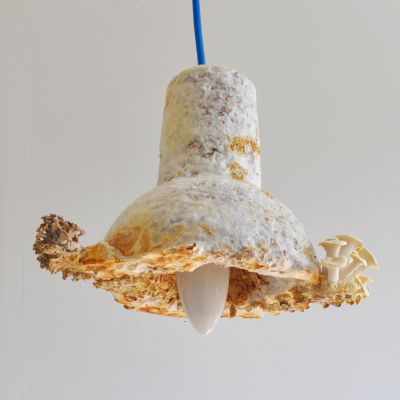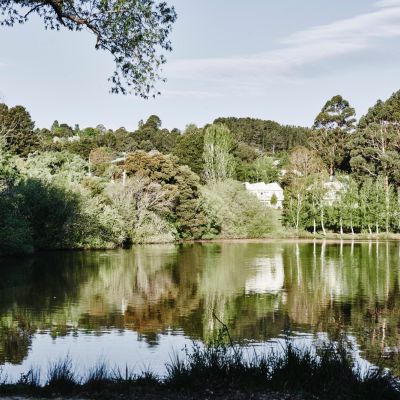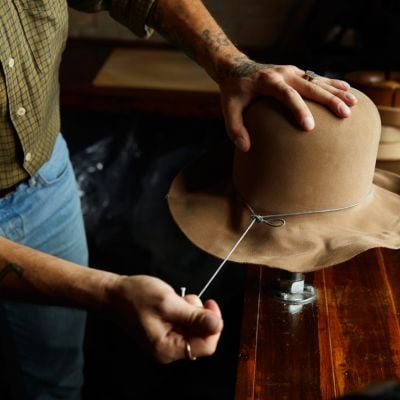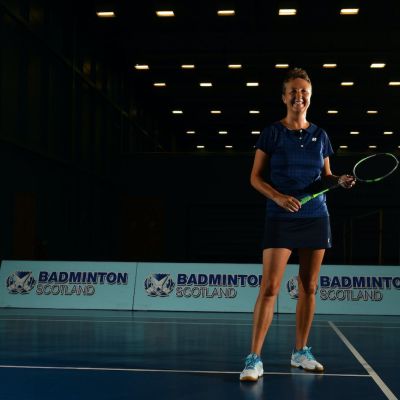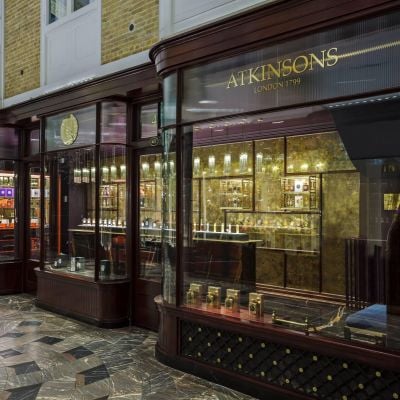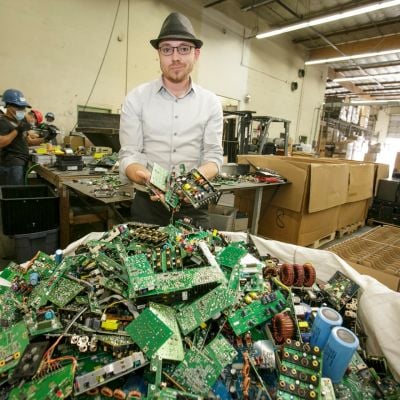Craft Work
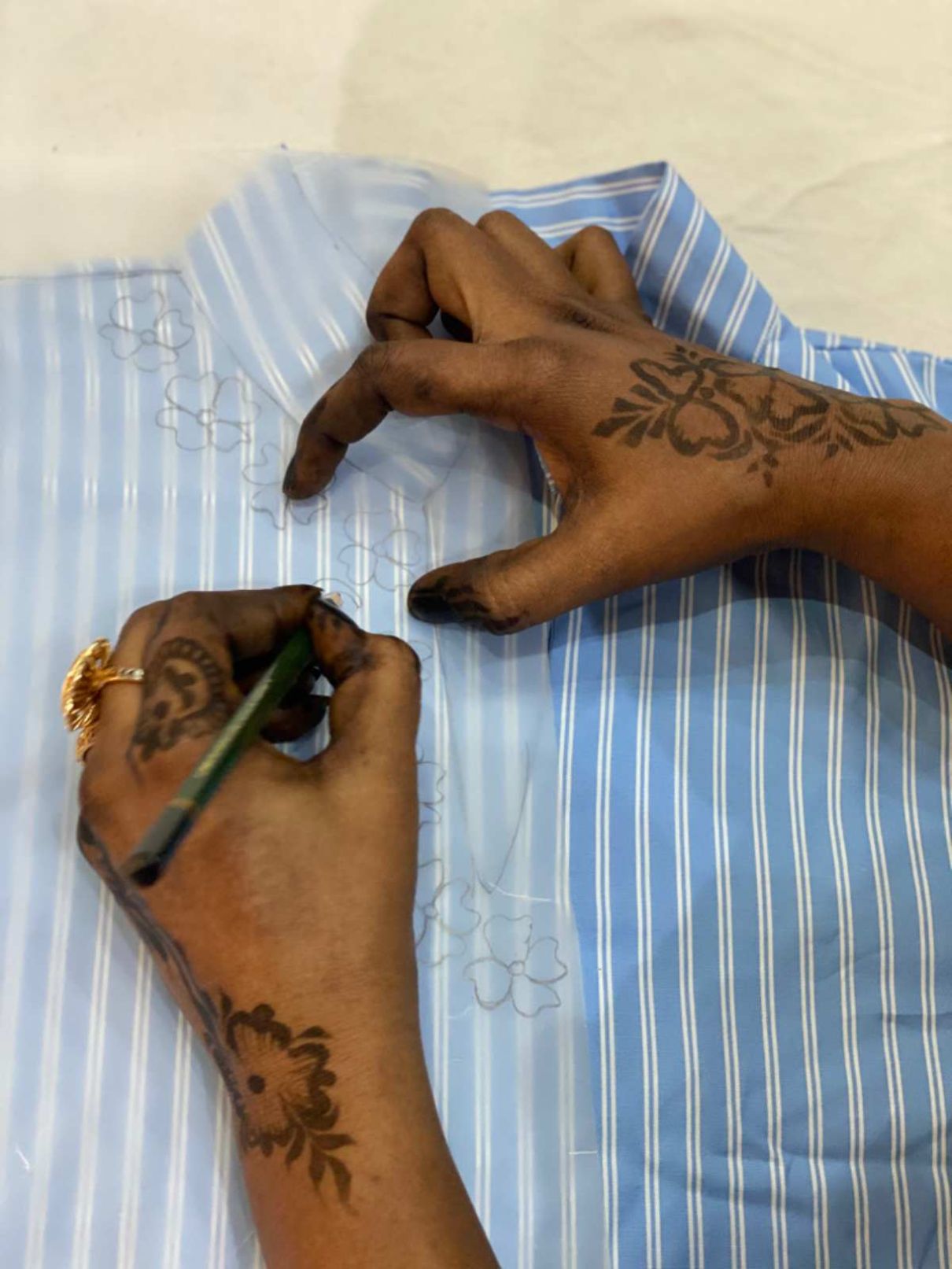
Threads of Hope is helping refugee women towards a better future through crafts.
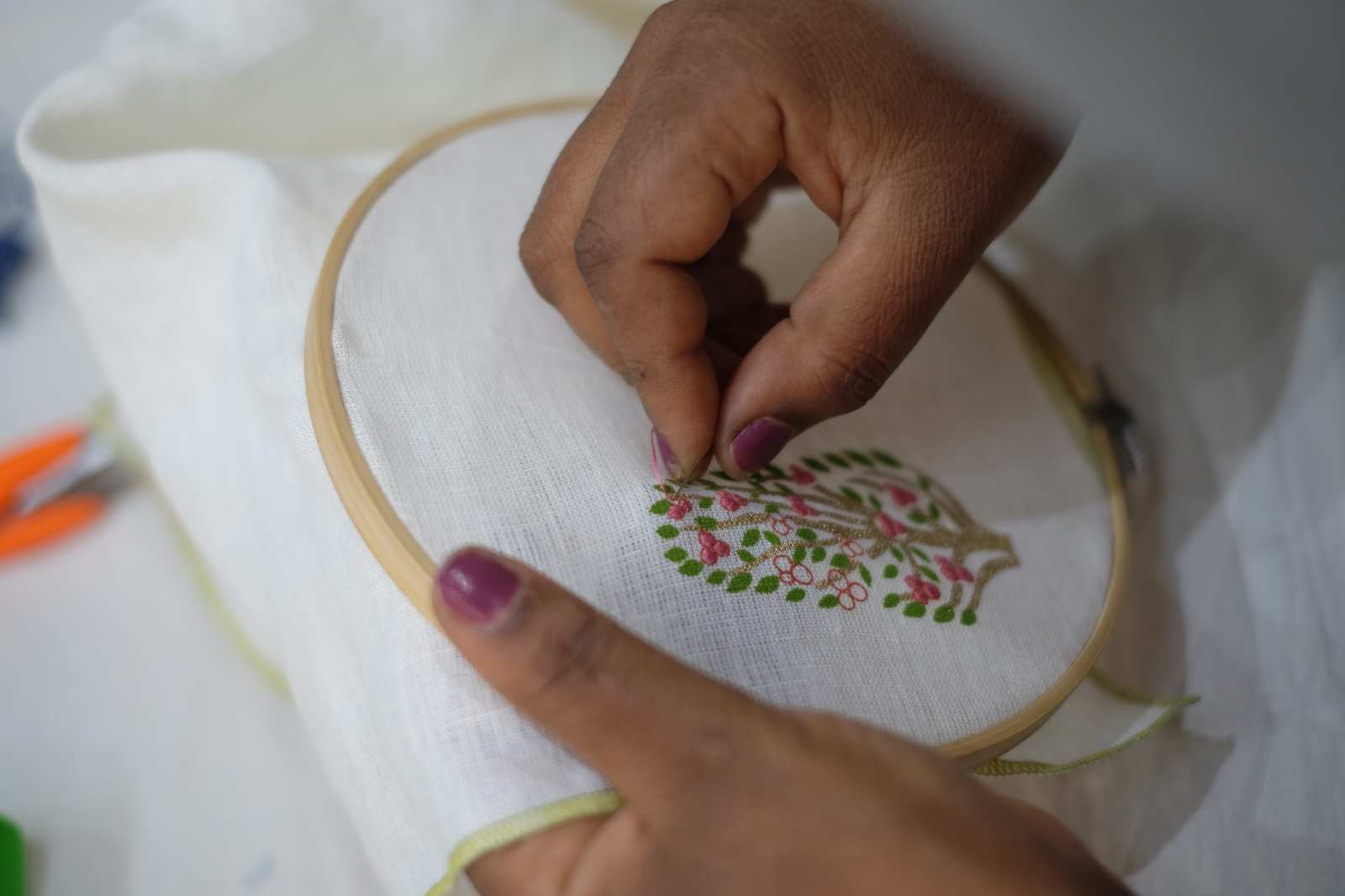
Maha was 30 years old when she was forced to flee Sudan. One of her brothers was ‘disappeared’ and her university studies (she was doing a BA in finance and economics) were interrupted by the ongoing war. She moved to Cairo, where she lives with her parents and sisters. As the oldest child she had to find a job immediately because her father was unable to work.
She started as a babysitter and cleaner, working 12-hour shifts and earning around €200 per month but had to leave due to her mother’s health conditions. She began as a Henna tattoo artist but that dried up when Covid hit. Then she came across Threads of Hope, a social enterprise based in Cairo that trains female refugees and marginalised women in Egypt the skills of embroidery and other crafts, while providing holistic care in the form of nutritional education, literacy lessons and even a creche.
“And, most importantly, love and humanity,” adds Margarita Andrade, Ecuadorian-born co-founder of Threads of Hope, which has trained thousands of women since it came into being in 2018. In Maha’s case, her creativity blossomed and, ultimately, she designed the logo for Threads of Hope, a colourful tree filled with birds. She says: “Threads of Hope saves refugee mothers. Instead of leaving their children at home and working as cleaners, they come to the centre with their kids and work. The best thing is they treat all people the same way; there are no differences between anyone. It was for me moral and material support.”
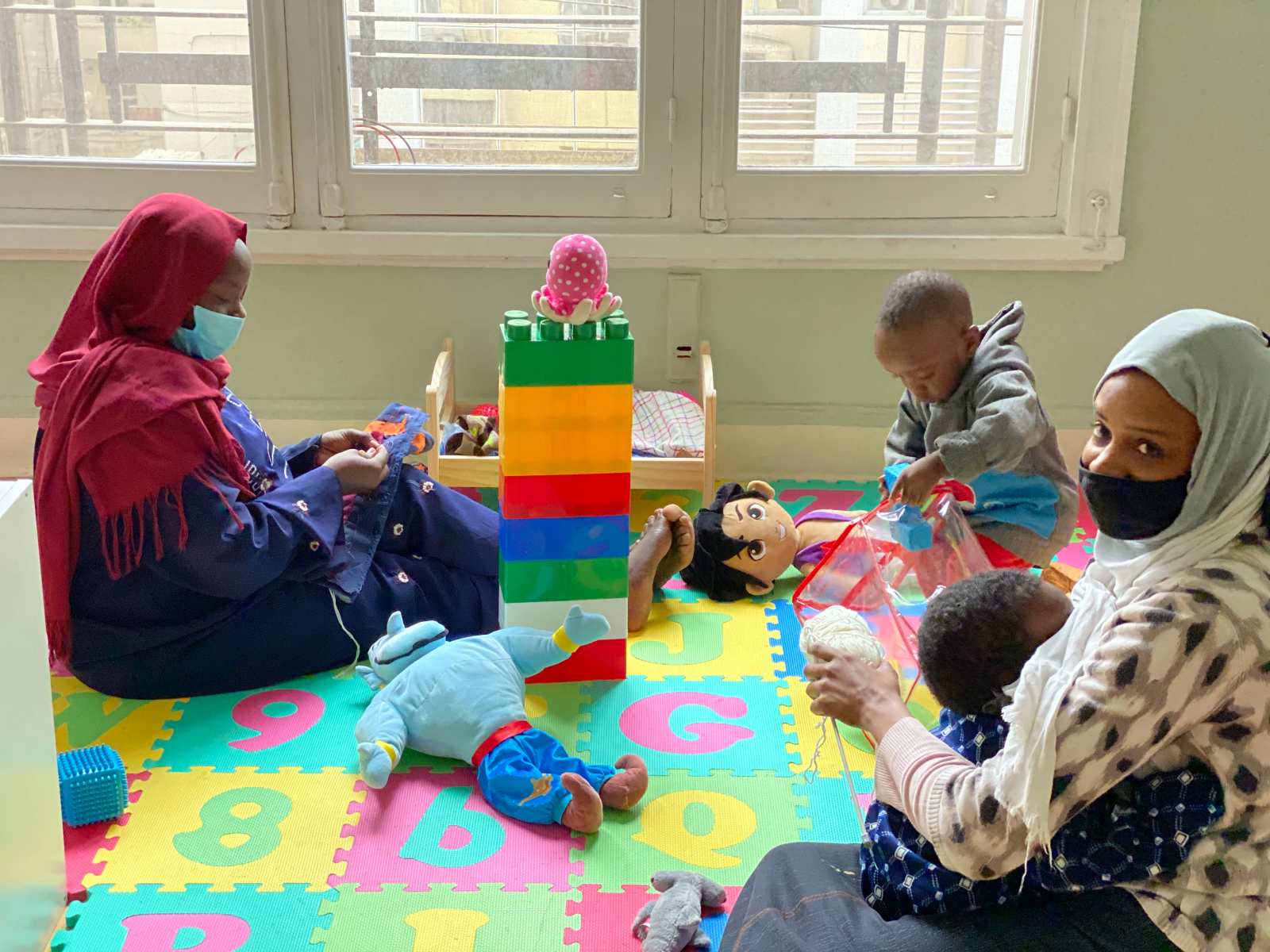
Andrade co-founded a business called Malaika Linens with childhood friend, Goya Gallagher in 2004. Then Threads of Hope began in 2018 as a school for Malaika linens hand embroidered products at the heart of downtown Cairo. As the training school grew and developed, they realised the huge potential of expansion and impact that turning the training centre into a social enterprise could have on the women and their families.
Meanwhile, she was aware of the vast number of refugees living in Cairo; as of October 2021, there are more than 270,000 registered refugees and asylum-seekers residing in Egypt, and almost half of them are women and girls, according to United Nations data. Asylum seekers are usually from war-stricken or occupied countries such as Iraq, Syria, and Palestine, as well as several African countries such as Sudan, South Sudan, Eritrea, and Ethiopia.
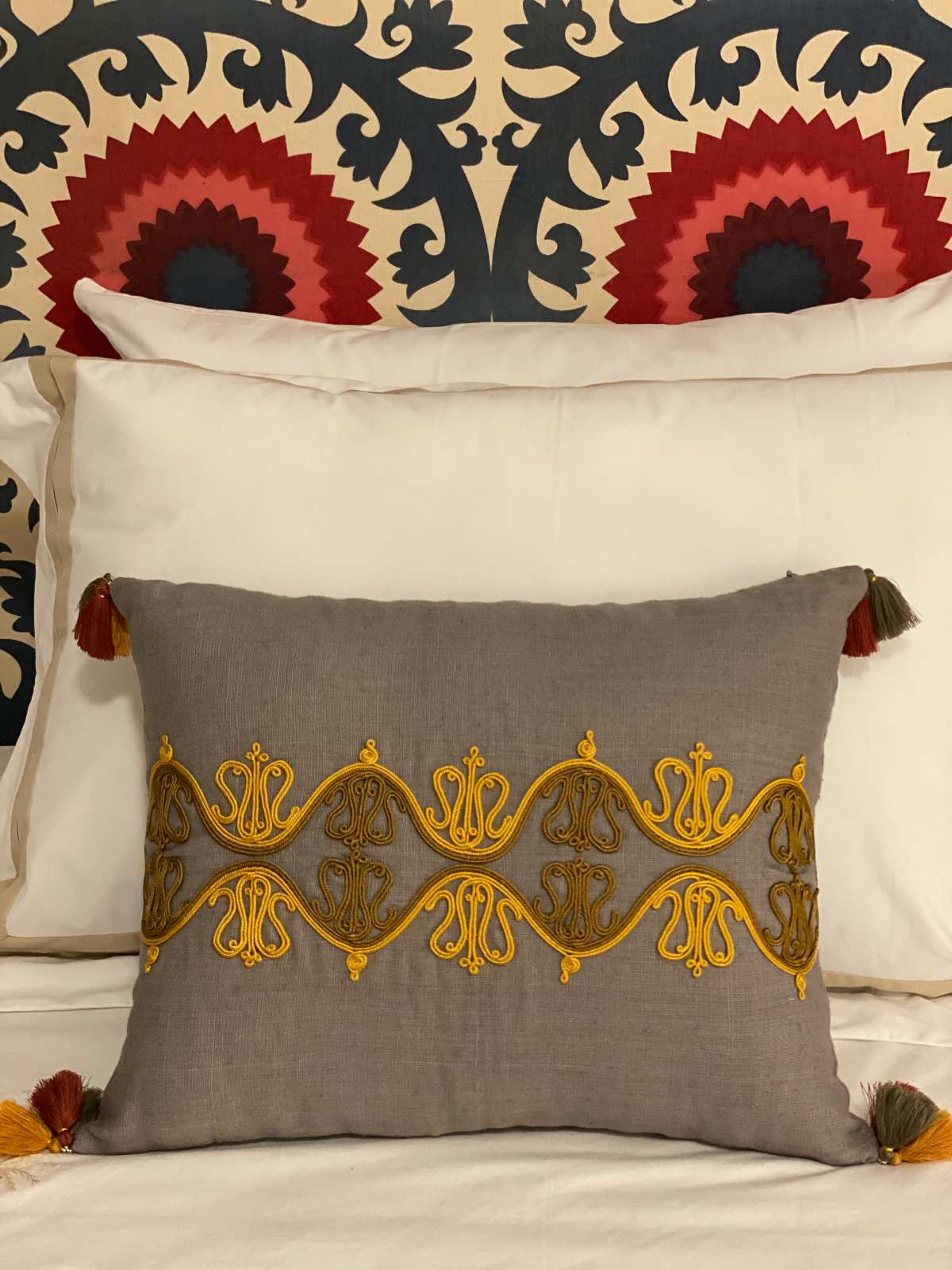
“We bring the women to the most beautiful place we can create, providing security, understanding and love, and planting a seed of hope in their mind,” she says. Every cohort of 45 women is trained in one of five different crafts by professionals, including embroidery, cross-stitch, ajour (pulled thread), corded work and natural dyes. Sometimes people who aren’t skilled at one craft excel at another, like Molou, who found herself in Cairo with two small children and without employment that would allow her to look after them. “When she arrived at the centre, Molou was, like most new trainees, very scared and insecure and did not know what to expect. Her first attempts to work in the ajour technique were not good,” says Andrade. “But we do not give up until we make sure that the women master a craft that can provide them with an adequate income. So, she tried other techniques, and is now one of the best embroiderers in the centre, a title she claimed in a very short time. And she truly loves her work.”
One day they received a call from a desperate Molou, saying she had undergone an operation to remove her uterus (which had a tumour), which had been successful, but that she had no more money left for food and to pay the rent. “She had no one else to turn to, so she called us, we were her only hope. We sent her enough money to cover expenses and rent until she recovered. We are so proud of her and her achievements and how she has put her life together after all the horrible things that happened to her.”
Women are recruited through various channels, mainly word of mouth but also social media and international non-profits including UNHCR, Save the Children Foundation and the International Organisation for Migration. The goal, says Andrade, is to replicate Threads of Hope in other areas of Egypt where women and girls do not have access to safe and ethical work practices, and for Threads of Hope to put Egypt on the map as a high-end production centre globally for a sustainable and ethical implantation of crafts.
Threads of Hope products including bags, tote bags, pouches, cushions can be bought through their Instagram page @threadsofhopecairo and also through their partner @madu-cairo.

